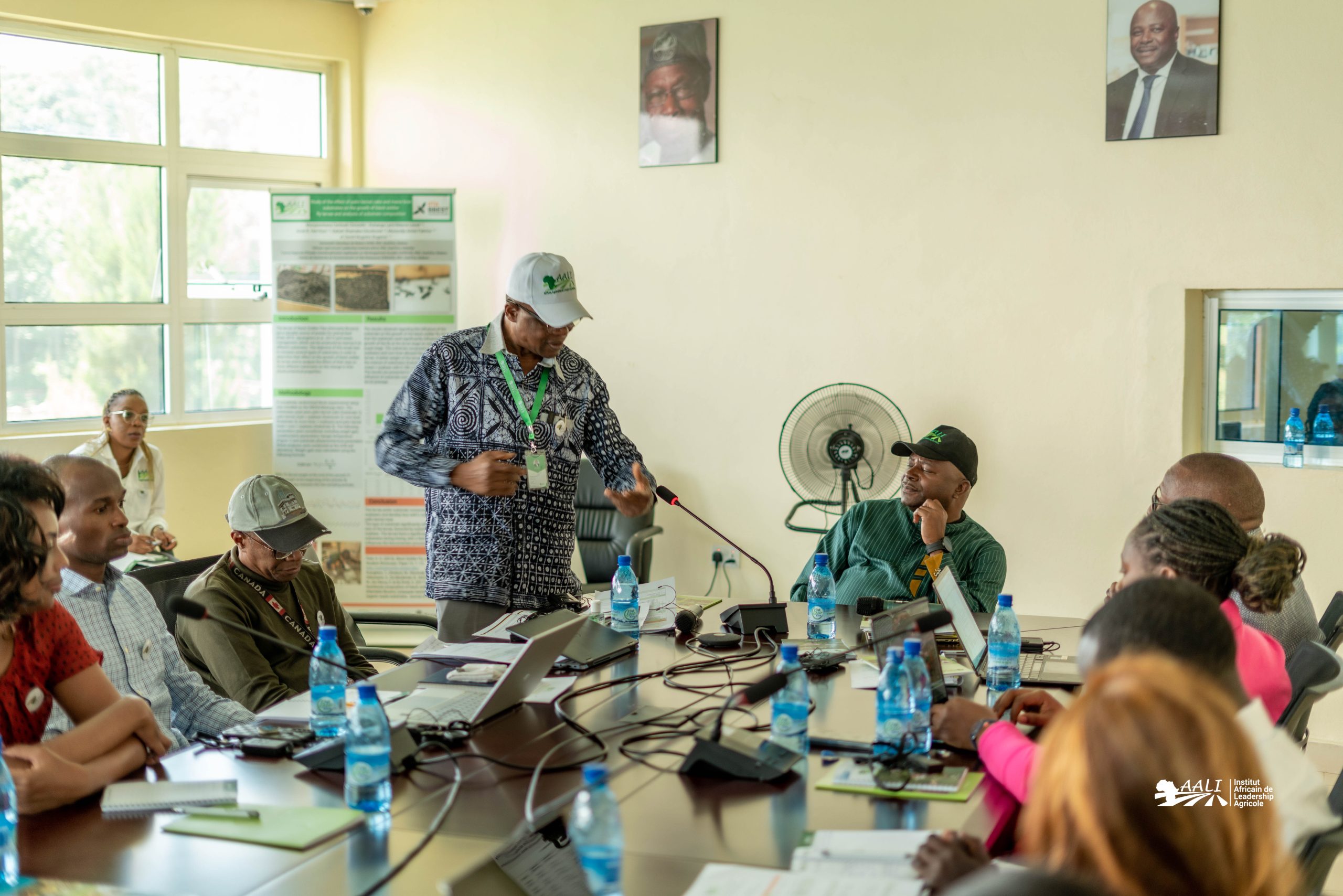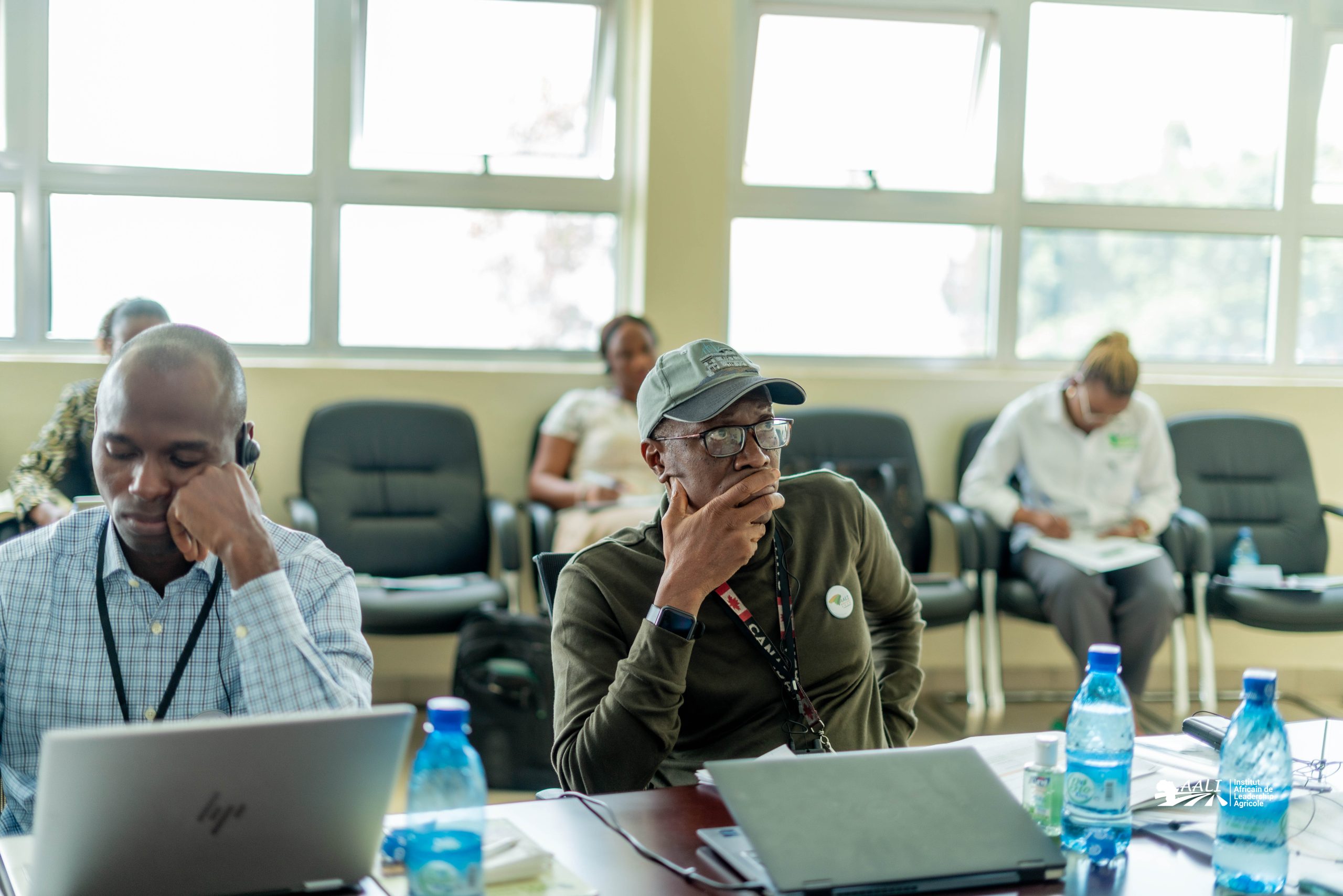After nearly a year of operation, the African Agricultural Leadership Institute (AALI) held a retreat to establish its intervention priorities and ten-year operational strategy as an international institution dedicate to accelerating African agriculture transformation.

The retreat was carried out from February 12 to 14 at AALI’s headquarters in Kalambo. This retreat was guided and moderated by the Managing Director Dr Chris Okafor, to develop a roadmap that will guide the institutions actions and interventions from 2024 to 2033. More than 50 staff from several countries (Nigeria and Kenya) and provinces in DRC (Kasai Central, Kinshasa and South Kivu) participated .
This stage follows the development of the global strategy 2022-2023, which was held in March last year under the guidance of AALI’s president, Dr. Nteranya Sanginga, to outline the organization’s vision, goals, and fundamental pillars. As a reminder, AALI was founded to address three persistent issues that contribute to the escalation of food insecurity on the African continent: (1) low productivity and production, resulting in excessive food imports; (2) an aging farming community; and (3) a lack of leadership in planning countries’ agricultural prospects.

As a result, conversations and reflections centered mostly on the methodology and intervention models that AALI uses to address these issues in an impactful and sustainable way through its services and guidance in government leadership, youth and women’s empowerment, and agricultural transformation. By providing these services, AALI expects to contribute to improving (i) the agropastoral policy, institutional and regulatory environment, (ii) people’s livelihoods, and (iii) the sustainability of African agriculture.

